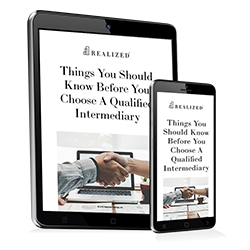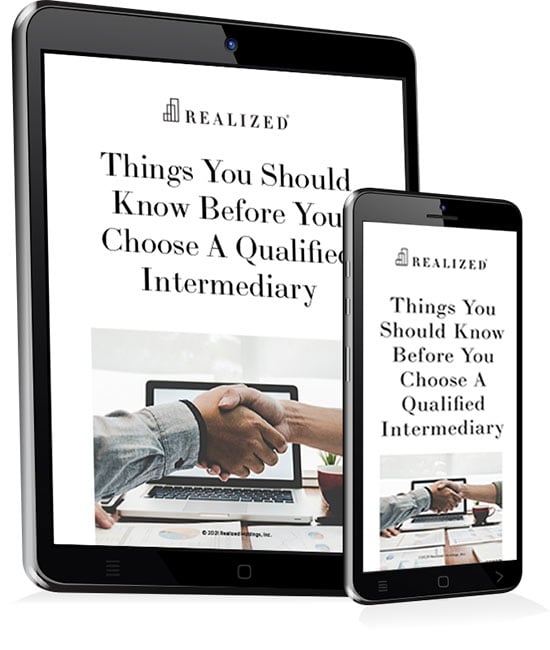
In previous articles, we have discussed the importance of using a Qualified Intermediary in a 1031 exchange. A Qualified Intermediary plays an integral role in creating a smooth exchange process and making sure that you meet the IRS guidelines. There are a variety of duties they are responsible for handling, ranging from preparing relevant documentation to holding thousands (or even millions) of dollars in proceeds in an insured account. In this article, we will discuss the various duties of a Qualified Intermediary so that you can ensure they are truly doing their part on your behalf.
1. Advising on 1031 Exchange Requirements
One of the most important (and stressful!) aspects of a 1031 exchange is meeting the strict deadlines. Your Qualified Intermediary will play an integral role in keeping you on track to meet all deadlines and helping you submit the necessary documentation.
45-Day Identification Period
After selling the initial property in a 1031 exchange (referred to as the “relinquished property”), you will have 45 days to identify a new property (referred to as a “replacement property”) to secure the exchange. This period of time is known as the “identification period.” The documents must be signed and delivered to the individuals handling your exchange by the 45th day after closing on your relinquished property, even if that day is a holiday or weekend.
180-Day Close Period
Your Qualified Intermediary will meet with you to verify that you meet all identification requirements. After your replacement property has been identified, you will then have 180 days from that point to close on the property. These dates cannot be extended under any circumstances, unless there is a natural disaster that affects the properties involved.
Three Property RuleWhen identifying a property, you may find that you can’t decide between a number of properties. If that is the case, you are allowed to identify up to three properties that you plan on purchasing in the 1031 exchange. Bear in mind that you do not have to purchase all three of these properties–you can just move forward with one or two if you choose–but you are allowed to identify up to three.
200% Rule
There is one exception to this, which is referred to as the 200% Rule. This means that if the combined value of all three properties does not exceed 200% of the sale value of your original property, you can identify more than three properties. For example, if you sell a multifamily building for $2M, you can identify more than three properties in the exchange as long as the combined value doesn’t exceed $4M.
95% Rule
There are some caveats to this 200% Rule, which is why many investors shy away from identifying more than three properties at a time. The caveat, referred to as the 95% Rule, states that if you choose to identify more than three properties, you must close 95% of the value of all combined properties within 180 days, or you will be required to pay capital gains tax to the IRS. Closing on several properties in such a short time frame can be intimidating to many investors, which is why they typically tend to shy away from going this route.
2. Holding Exchange Proceeds
When the relinquished property is sold in a 1031 exchange, you as the investor are not allowed to have access to the bank account holding the funds until after the replacement property has been identified and the sale is closed. As a result, the Qualified Intermediary will be responsible for holding the exchange proceeds in a highly-rated FDIC-insured bank account. When the relinquished property is closed, an investor will assign the bill of sale to the Qualified Intermediary and will hold the funds until the replacement property’s closing.
3. Preparing Relevant Exchange Documents
The Qualified Intermediary will also prepare all required exchange documents and confirm their validity, including an Exchange Agreement, Assignments of Purchase, Sale Agreements, and any other documents relevant to the exchange.
Two important details to note: your Qualified Intermediary may be holding millions of dollars in proceeds, so it is important to verify that your funds are being held in a separate, highly-rated, FDIC-insured bank account. Additionally, a Qualified Intermediary must be an independent party to the exchange and should not give any investment advice to you, as that is not their responsibility or their area of expertise.
When hiring a Qualified Intermediary, it is important to work with someone who is organized and has an in-depth understanding of the process. This will help make the complicated 1031 exchange process far more manageable for you and everyone involved.
To learn more about working with a Qualified Intermediary, call us at 512.871.0315.



